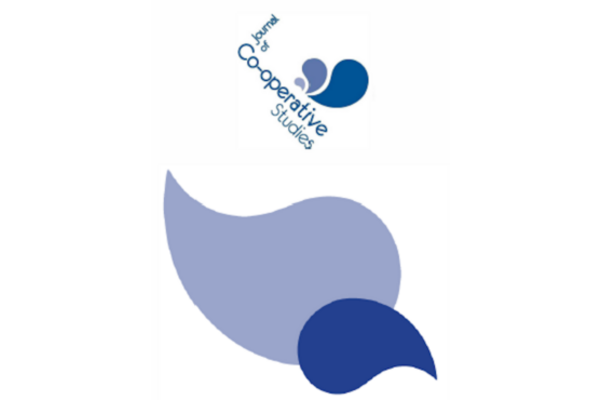Refereed Articles
Members’ readership of annual reports – a cross-national comparison of supply co-operatives
Susanne Gaurwitsch and Jerker Nilsson, pp. 5-13.
This study investigates differences between supply co-operatives’ memberships as concerns readership of the annual reports. Two co-operatives are examined: Ravensdown, New Zealand, and Lantmännen, Sweden. As Lantmännen is larger, has integrated far downstream, and has a sizeable unallocated equity, it is expected that Lantmännen members are less involved than Ravensdown members. A postal survey was conducted among Lantmännen members, while information about Ravensdown was obtained from a secondary source. The results indicate that Lantmännen members read the annual report less than the Ravensdown members, express more ignorance when explaining their low readership, and consider annual reports to be less important.
Brazilian credit co-operatives and financial banks: A ten-year performance comparison
Marina Teixeira Trindade, Francisco de Assis Ferreira Filho and Sigismundo Bialoskorski Neto, pp. 14-22.
The present paper aims to analyse credit co-operatives’ financial performance in the last ten years compared to other financial institutions. The analysis was based on financial position and percentage of assets, net equity, deposits and credit operations, the most representative accounts in the balance sheet of a financial institution, as well as financial rates such as net return on investment, total financing costs, return on assets rate and self-sustainability. The study also analysed macroeconomic data such as GDP, GDP per capita, inflation, interest and exchange rates during the period to investigate whether banking institutions’ growth was significant in different economic scenarios.
Corporate social responsibility as a component of a co-operative member-relationship management: socially responsible behaviour of credit unions
Dietmar Roessl, pp. 23-37
The term ‘Corporate Social Responsibility’ (CSR) refers to the stakeholders’ demand on firms to act socially responsibly. In an exploratory research project, a stratified sample of 3,000 customers (884 member customers and 2,116 non-member customers in line with the customer structure) of an Austrian credit co-operative was questioned. 342 usable questionnaires (143 member-customers, 199 non-member customers) were returned. These data suggest that members of co-operatives are not only interested in the co-operative’s services, but also in other partial benefits. So they are interested in the co-operative itself because they can identify with the values conveyed. In the course of a differentiated co-operative member-relationship management (cMRM), CSR measures, through socially responsible actions, can achieve positive image effects and can contribute to the enhancement of the membership value of certain member types.
Short articles
An investment fund investing in listed shares of co-operative companies?
Holger Blisse, pp. 39-43.
The legal form of a co-operative is characterised by its equity capital not being listed but nominally repaid. Normally one member has one vote, and a co-operative could not be taken over easily. But today central co-operatives in co-operative networks tend to go public and some of these companies are listed on a stock exchange in the legal form of a public limited company. The more shares were bought by investors without co-operative relationship, the higher the likelihood that the ownership structure ceases to be that of a co-operative. To reduce the danger of the influence of investors without co-operative relationship, this article designs the activity of an investment fund based on investments of co-operative members to strengthen co-operative ownership.
Co-operative incubators to alleviate poverty in local communities in Brazil
Mariza Almeida, pp. 44-47.
This paper presents a model of the co-operative incubator created in Brazil in 1995, whose aim was the creation of co-operatives, and not firms, in the classical sense. It was an initiative of the universities, directed at creating jobs for the marginalised social sectors, increasing their income, bettering their living conditions and providing educational opportunities. The Brazilian universities have always been concerned about the country’s social inequality. The consolidation of this process through collaboration amongst industry, government, universities and civil society has transformed this experiment into public policy.
Book reviews
A century of co-operation. By Ian MacPherson
Reviewed by Erin Hancock, pp. 48-49.
Understanding the social economy: A Canadian perspective. By Jack Quarter, Laurie Mook and Ann Armstrong.
Reviewed by Jan Myers, pp. 50-51.
The Oddfellows 1810-2010: 200 Years of Making Friends and Helping People. By Daniel Weinbren.
Reviewed by Molly Scott Cato, pp. 52-53.










